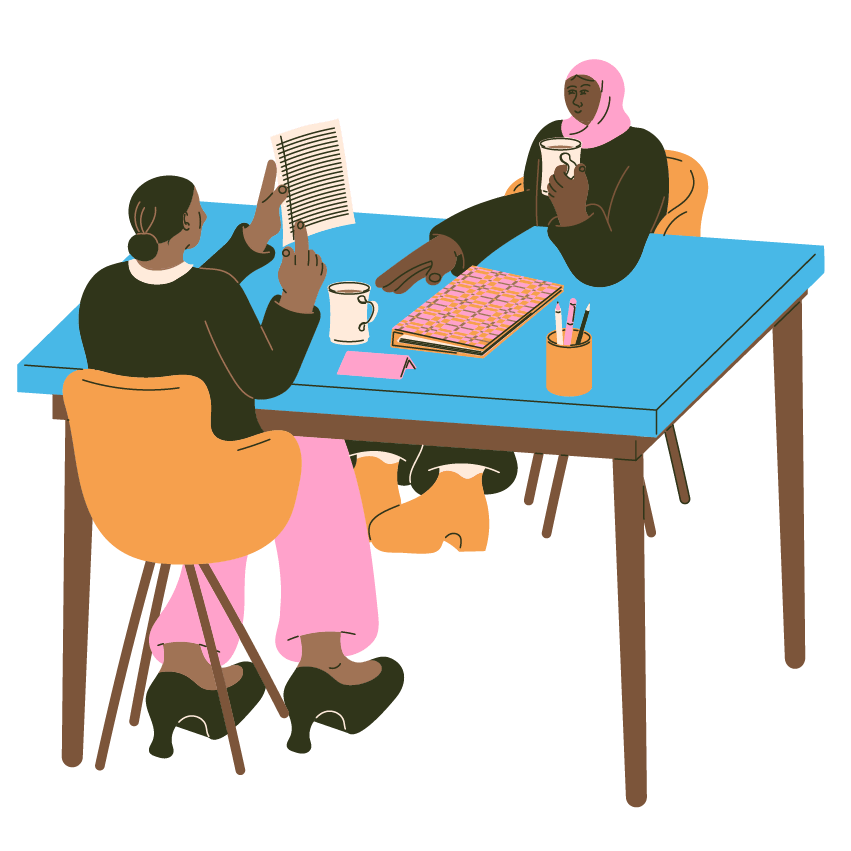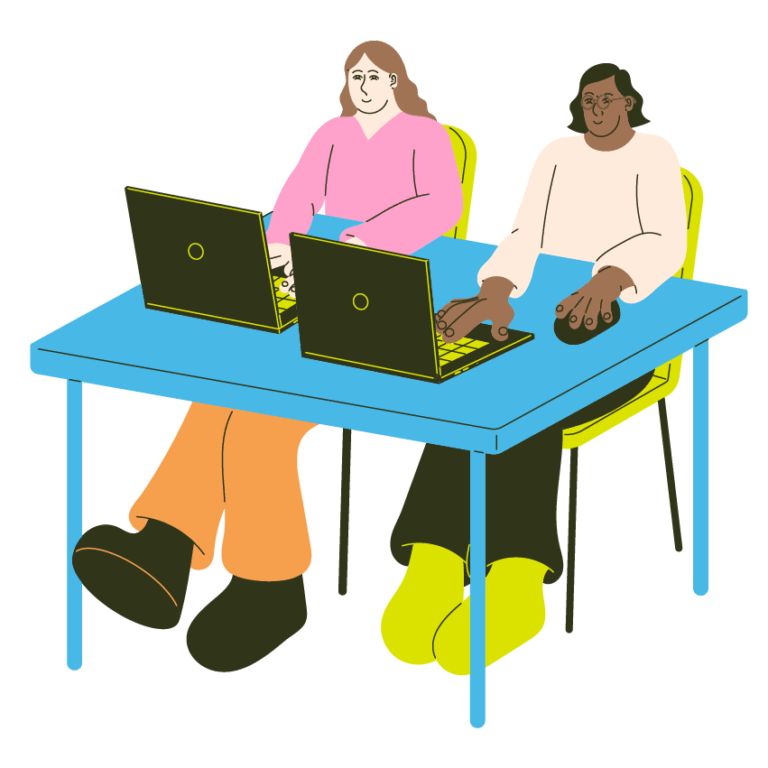The project sought to co-design online learning modules with Scottish Refugee Council and community groups to be capable of use independently by organisations, or with facilitation support from Scottish Refugee Council and others.
An online self-assessment checklist and other materials were produced to enable groups to consider how the resource modules could be used by them. The ten modules cover the following topics:
Module 1: Getting started (the foundations of community organisation and assessing your strengths and challenges)
Module 2: Running your organisation (governance purpose structures and skills)
Module 3: Understanding your community’s needs (community engagement and involvement)
Module 4: Planning your work effectively (making a group action plan)
Module 5: Showing you’ve made a difference (monitoring and evaluation)
Module 6: Getting the funding you need (fundraising strategy)
Module 7: Looking after your group’s money (financial accountability)
Module 8: Running events and services (risks, safety & responsibilities)
Module 9: Working together for change (participation and campaigning)
Module 10 – What next? (reviewing your progress)
The project has also sought to support Scottish Refugee Council’s Communities team and they have been involved in shaping the overall resource and module content. Work is ongoing to map where the team’s skills could be shared and strengthened in order to deliver the resource with groups they are in contact with or in supporting other staff and volunteers to do this.
The resource aimed to assist groups to assess needs, connections and influence and help them to strengthen self-organisation. This will assist groups to become more sustainable so that funders and service providers invest in them as partners to target and deliver services for asylum seekers and refugees in Scotland.
This work to strengthen relevant community organisations will also increase the potential for refugees, asylum seekers and receiving community representatives to play a greater role in the direction and delivery of the New Scots Refugee Integration Strategy when it is formally reviewed in 2023.





